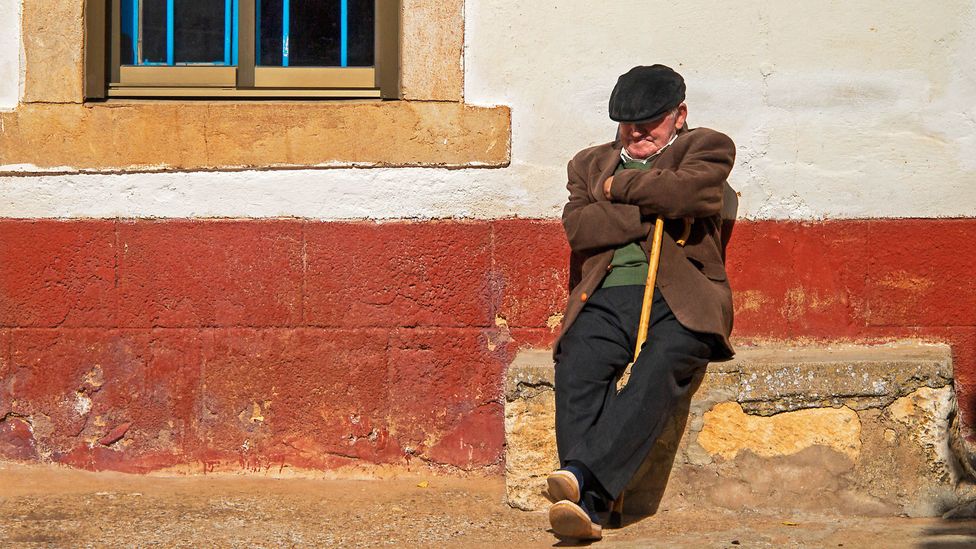



Marie Delrieu suggest that "Frère Jacques" might have been created to mock the Dominican friars, known in France as the Jacobin order, for their sloth and comfortable lifestyles. Carson without finding any evidence for a connection.įrancesca Draughon and Raymond Knapp argue that "Frère Jacques" was originally a song to taunt Jews or Protestants or Martin Luther. The name Jacques, instead, corresponds to the English names James or Jacob, which derive from the Latin Iacobus and the Greek Ἰακώβος ( Septuagintal Greek Ἰακώβ), referring to the Biblical Patriarch Jacob and the apostles known in English as James.Ī possible connection between "Frère Jacques" and the 17th century lithotomist Frère Jacques Beaulieu (also known as Frère Jacques Baulot ), as claimed by Irvine Loudon and many others, was explored by J. The French name Jacques would not ordinarily be translated to "John", which is "Jean" in French. The French word frère in turn comes from the Latin word frater (which also means "brother"). In English, the word friar is derived from the Old French word frere (Modern French frère "brother" in English), as French was still widely used in official circles in England during the 13th century when the four great orders of Friars started. The traditional English translation preserves the scansion, but alters the meaning such that Brother John is being awakened by the bells. Frère Jacques has apparently overslept, it is time to ring the bells for matins, and someone wakes him up with this song. The song concerns a monk's duty to ring the bell for matines. The result of all four parts runs together into the same two measures: an authentic cadence.


 0 kommentar(er)
0 kommentar(er)
